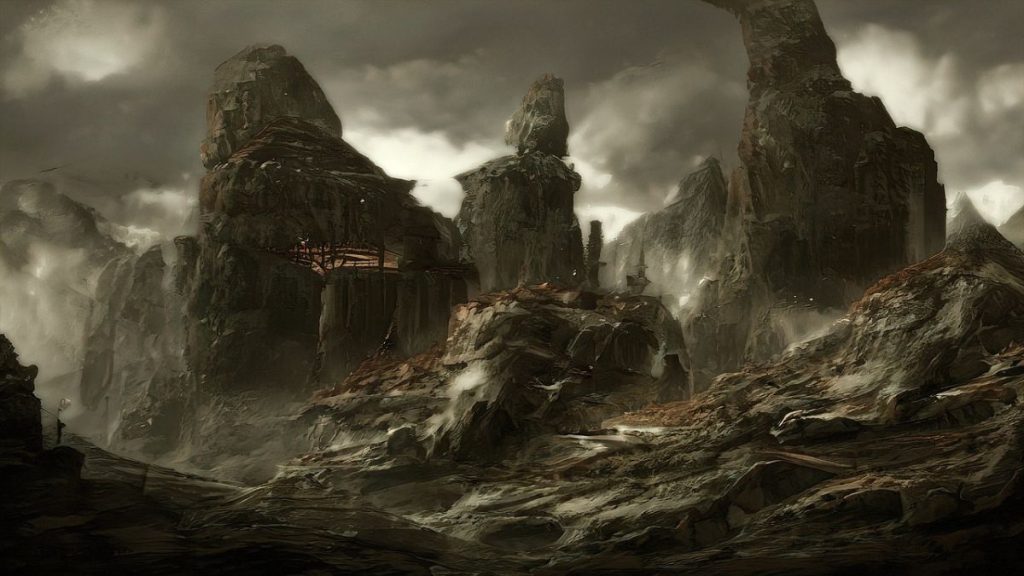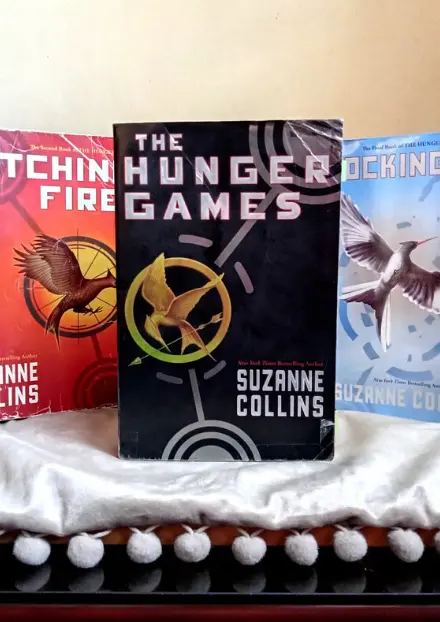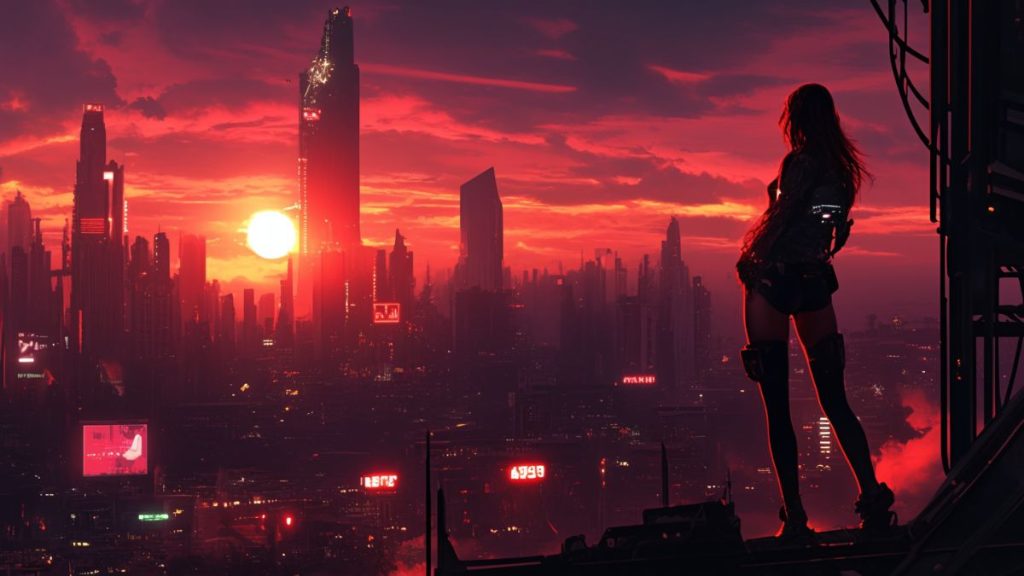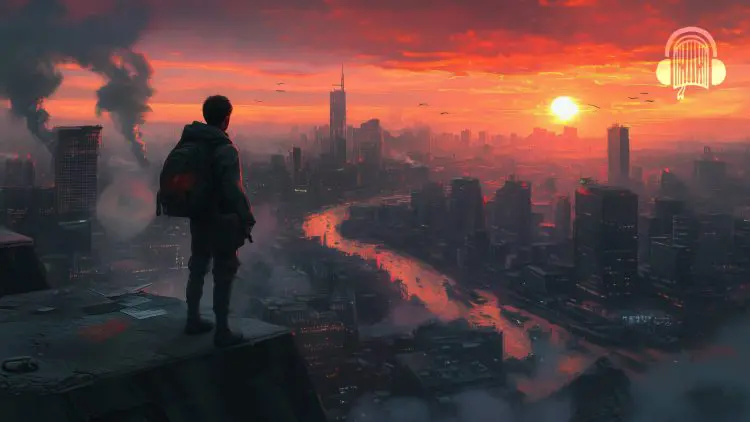In a recent episode of the Fully Booked podcast, hosts Meaghan and Shirin delved into the fascinating realm of dystopian young adult (YA) fiction. The duo explored the genre’s popularity, discussed notable works, and analyzed its themes and tropes, offering listeners a comprehensive look at this influential literary category.
Note
The following is an editorialized transcript of our weekly literary podcast. If you would like to listen to the podcast, click the play button above orlisten on your favorite platform with the links below.
We began by proposing an intriguing theory about the surge in dystopian YA fiction during the early 2000s, and suggested that the genre’s rise might be linked to the post-9/11 world, where many people felt as though they were experiencing “the end of the world.” This sense of impending doom and drastic change, we argued, could have inspired authors to explore dystopian themes in their writing for younger audiences.
To support our theory, we drew parallels to other periods in history when dystopian fiction flourished. We pointed out that George Orwell’s seminal work 1984 was written in 1948, just after World War II, illustrating how global events can influence literary trends. This historical context provided listeners with a broader understanding of how societal fears and experiences can shape creative output.
Themes, Tropes, and Notable Works

As we delved deeper into the genre, we identified several common themes that appear frequently in dystopian YA fiction, and noted that many of these stories feature totalitarian regimes that emerge after catastrophic events, with young protagonists tasked with “saving the world.”
We observed that in these narratives, adults are often portrayed as blinded by fear, leaving it to the younger generation to identify and solve the problems plaguing their societies. Additionally, we pointed out the prevalence of love triangles and romance subplots, which add emotional depth to the high-stakes scenarios.
Throughout the discussion, we referenced several notable works that have defined the genre. We mentioned The Hunger Games (2008), Divergent (2011), The Maze Runner (2009), The Selection (2012), and The Knife of Never Letting Go (2008) as prime examples of dystopian YA fiction that have captivated readers and spawned successful franchises.
The conversation then turned to the science fiction elements often present in dystopian YA novels. We acknowledged that these sci-fi aspects could be a deterrent for some readers who aren’t fans of the genre. We also discussed how the balance between futuristic technology and relatable human experiences can vary from book to book, affecting readers’ engagement with the stories.
RelatedThis Is The Key Difference Between Dystopian and Post-Apocalyptic Literature
Adaptations and Critical Analysis

Film and television adaptations of dystopian YA novels were also a topic of interest. We shared that we sometimes find it easier to watch the adaptations than read the books, highlighting the visual medium’s ability to bring these complex worlds to life. We also spoke about upcoming adaptations, such as the Netflix version of Scott Westerfeld’s Uglies, set to release on September 13th, demonstrating the ongoing popularity of these stories across different media.
We didn’t shy away from critical analysis, pondering why authors often end their stories after the overthrow of the dystopian regime, rarely delving into the rebuilding process. We discussed the challenges of balancing entertainment value with realistic portrayals of societal change, acknowledging the complexity of addressing these issues in a YA context.
RelatedThe Classics: 7 Dystopian Novels That Started It All
Personal Experiences and Future Outlook

We also shared their personal experiences with dystopian YA fiction, including which series we’ve read or watched and which they’ve avoided. This personal touch added depth to the discussion, allowing listeners to relate to the hosts’ preferences and perspectives.
As the episode drew to a close, we speculated on the future of the genre. We considered the possibility of a resurgence in dystopian YA fiction, driven by nostalgia for earlier works and the promise of new adaptations. This forward-looking discussion left listeners with intriguing questions about the continued relevance and appeal of dystopian YA fiction.
In conclusion, the Fully Booked podcast episode offered a comprehensive exploration of dystopian YA fiction, blending historical context, literary analysis, and personal insights. The hosts’ engaging discussion highlighted the genre’s significance in contemporary literature and popular culture, while also encouraging listeners to consider its deeper implications and potential future directions.
RelatedDystopian Fiction Key Elements That Mirror Our Darkest Fears





















